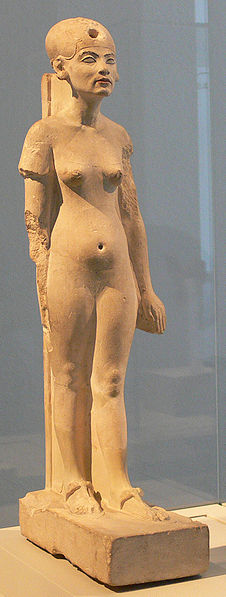Long before the era of holiday’s commercialization has come, in the coldest and darkest days of the year, the people all over the world welcomed the rebirth of the sun. I think I must not miss an opportunity to write a few words about the Sun Worship in these short-sun days, especially because it has a definite relation to naturism as a philosophy.
In prehistoric times of mankind’s existence naturism was natural, not rational. When complete nakedness is an integral part of common lifestyle and has no alternative, the philosophy of naturism cannot emerge. 🙂
The origins of modern naturism are traditionally traced back to XVIII century, when it was considered as a medical philosophy which advocated a healthier lifestyle and when the word naturism was used for the first time (in 1778 by Jean Baptiste Luc Planchon, according to Wikipedia). Also Hippocrates (ca. 460 BC – ca. 370 BC) is not infrequently regarded as a historical predecessor, due to his recommendations of exposure to the sun.
But we can travel further back in time. There were times when nudity was sacral, and even rationally motivated. Let us look at the Amarna Period in Egyptian history. The modern Amarna hides the remains of Akhetaten, the capital city built by the Pharaoh Akhenaten of the late Eighteenth Dynasty (c. 1353 BC). At the height of Akhenaten’s reign, the city had a population of over 20,000. Akhenaten introduced worship centered on the Aten, the Sun God (the disk of the sun in ancient Egyptian mythology), which is sometimes described as one of the first monotheistic religions.
Aileen Goodson in Therapy, Nudity & Joy quotes The Nudist Pharoah by Henry deHoratey about the disappointment of some of the Victorian archaeologists who discovered the unsightly side of lives of Akhenaten and his wife, Nefertiti.
“Brought up in an environment of Victorian and puritanical notions, they condemned these entrancing figures of Egyptian history because they discovered that not only the Pharaoh and his wife but also their children and officials went around with too few clothes (transparent at that!) or no clothes at all, that they practiced nudity in the royal palace, in the royal gardens and swimming pool, that they loved physical beauty, valued good food and wine, and led a frankly joyful existence.”
They “considered the sun, Aton, to be the true wellspring of life and thus justified the practice of nudism for spiritual and physical advancement. <…> They practiced a religion and nudist way of life that was far ahead of their time.”
I must confess that previously, before I read that, I didn’t consider Akhenaten and Nefertiti under this point of view. Worshiping the Sun God led them not only to monotheism, but nudism as well. Nudity was not associated with shame but was rather considered a matter of honor. It also seems notable that monotheism and nudism may be considered as sharing the same origin.

